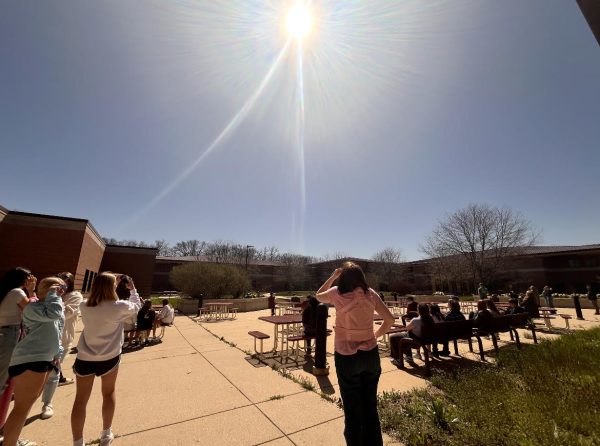Texas Deportation of Migrants
October 8, 2021
The Biden administration said on Saturday, September 25, that it would be accelerating deportation flights and sending 400 federal agents to Del Rio, Texas to seize control of an escalating crisis. Thousands of mostly Haitian immigrants continued streaming to the Texas city’s border, camping out under its international bridge. CBP is coordinating with Immigration and Customs Enforcement and the U.S. Coast Guard to move migrants from Del Rio to other processing locations. About 2,000 had already been transferred, but overnight the camp grew to more than 14,600 migrants. This would be the most Val Verde County has ever seen at once. DHS said it was securing extra transportation to expedite deportation flights to Haiti and other countries in the next 72 hours.
U.S Rep. Tony Gonzales, said that the Biden administration’s processing of 2,000 migrants in 24 hours was a “remarkable feat” and praised its decision to speed up expulsion flights. He said as many as 10 flights from Del Rio were planned for the next week. But he urged the White House to re-implement a controversial Trump policy known as “Remain in Mexico,” that forced migrants to wait in Mexico while they pursued their asylum cases in the U.S. Biden had rescinded the policy, but a string of recent court rulings have ordered the administration to implement it once more.
The situation in Del Rio, nearly three hours west of San Antonio, spiraled this week as more than 15,000 migrants, many of them from Haiti, arrived at the border in recent days, settling in a makeshift camp under the bridge as they waited for CBP agents to process their petitions to stay in the United States. Conditions quickly deteriorated, and Gov. Greg Abbott sent National Guard and Department of Public Safety troopers to assist federal agents in securing the area. The number of migrants arriving there nearly doubled over the past few days, said Val Verde County Judge Lewis Owens, a Democrat. “The numbers are just staggering,” he said. He said 10 more buses carrying migrants arrived at the border city overnight and two more Saturday, blaming his Mexican counterpart in Ciudad Acuña for not doing more to stop through-migration on that country’s side. Most of the migrants are of Haitian origin, with the remainder largely from Cuba, Venezuela and Honduras, he said. “We have 15,000 people here and why did they come to Del Rio? They came to Del Rio and crossed to Del Rio because the Mexican government allowed it to happen on the Mexican side,” Owens said. “Nobody has ever seen something like this here, in terms of the scale.”






